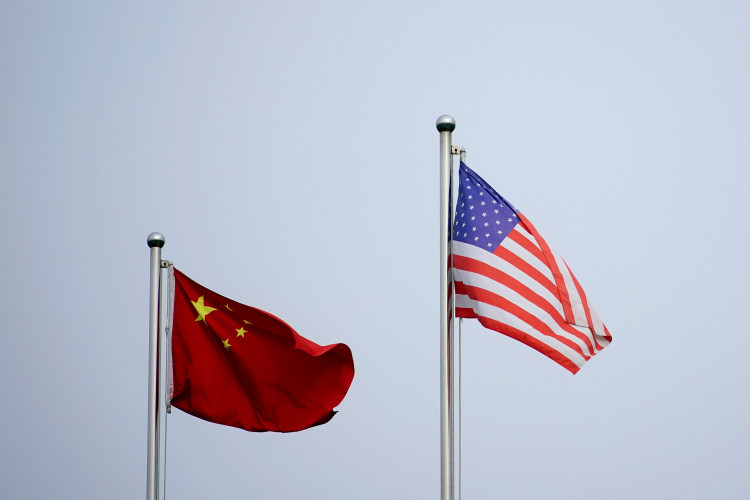The United States has intensified its efforts to eliminate goods made with forced labor from its supply chain by imposing a ban on imports from five additional Chinese companies. The latest action, announced on Thursday, adds to an expanding list of entities that the U.S. government alleges are complicit in human rights abuses against Uyghur Muslims and other minority groups in China's Xinjiang region.
Among the newly sanctioned companies are Hong Kong-based Rare Earth Magnesium Technology Group Holdings and its parent company, Century Sunshine Group Holdings, both of which produce magnesium alloy products and fertilizers. Also included is Xinjiang Habahe Ashele Copper Co., a subsidiary of Zijin Mining Group Co., which specializes in nonferrous metals. These companies, along with others on the list, are accused of benefiting from or participating in what U.S. officials characterize as forced labor practices in Xinjiang.
The Uyghur Forced Labor Prevention Act (UFLPA), under which these sanctions fall, aims to prevent goods produced under such conditions from entering the U.S. market. The list now includes more than 70 entities tied to products ranging from cotton apparel and automotive parts to vinyl flooring and solar panels.
"The so-called 'forced labor' in Xinjiang is nothing but an egregious lie propagated by anti-China forces and a tool for U.S. politicians to destabilize Xinjiang and contain China's development," a spokesperson for the Chinese embassy in Washington stated in response to the new sanctions. The spokesperson further emphasized that China would continue to protect the legitimate rights and interests of its companies.
The allegations of forced labor in Xinjiang have been a focal point of international criticism against China. U.S. officials, supported by human rights organizations, claim that Chinese authorities have established labor camps for Uyghurs and other Muslim minorities in the region. These camps are said to involve coercive labor practices, a charge that Beijing has repeatedly denied.
"China will continue to firmly safeguard the legitimate and lawful rights and interests of Chinese companies," the Chinese embassy spokesperson added, reflecting Beijing's firm stance against the U.S. actions.
The expansion of the UFLPA list marks another escalation in the ongoing trade tensions between the U.S. and China. While the U.S. government frames these measures as necessary steps to combat human rights abuses, critics argue that the true aim is to curb the development of Chinese industries. Wang Peng, an associate research fellow at the Beijing Academy of Social Sciences, remarked that the U.S. has been using the "human rights" card to suppress China's economic growth, particularly targeting sectors like magnesium and nonferrous metals.
"The U.S. has been using forced labor as an excuse to curb China's development, which is an irresponsible act that may damage the interests of American enterprises and customers as well as disrupt the global market order," Wang said, highlighting the broader economic implications of the sanctions.
This latest move is expected to further strain U.S.-China relations, already fraught with disagreements over trade practices, technology, and geopolitical influence. The impact of these sanctions could reverberate through global supply chains, affecting industries that rely on materials produced by the targeted companies.
Wang emphasized the need for international cooperation to maintain global trade order and supply chain stability, advocating for openness and collaboration rather than confrontation. "All countries should uphold the concepts of openness, cooperation, and win-win situations," he noted.
The U.S. sanctions also bring to light the contrast between Washington's criticism of China and its own historical issues. Critics point out that while the U.S. condemns human rights abuses abroad, it has its own troubled history, as evidenced by the recent release of a Federal Indian Boarding School Initiative Investigative Report. This report revealed that nearly 1,000 Indigenous children died in government-operated boarding schools, where many suffered physical abuse and were forced to abandon their cultural identities.






